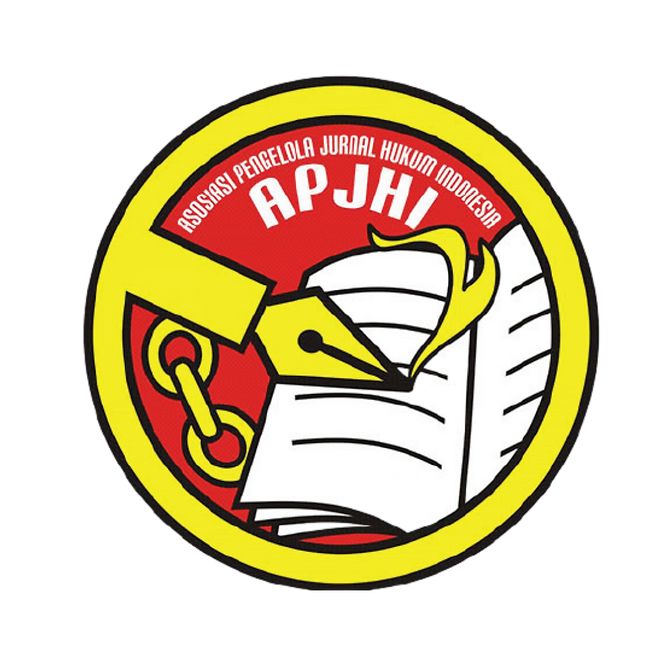ADVANTAGES AND DISADVANTAGES OF RESTORATIVE JUSTICE APPROACH IN MEDICAL DISPUTE RESOLUTION
Pendekatan Keadilan Restoratif dalam Penyelesaian Sengketa Medis
DOI:
https://doi.org/10.36448/plr.v5i02.113Keywords:
medical disputes, restorative justice, resolutionAbstract
The legal system in Indonesia has experienced significant progress, especially in the health sector, following the enactment of Law 17/2023 concerning Health. One of the innovations introduced in this regulation is a restorative justice approach as an alternative in resolving medical disputes. Medical disputes are complex problems involving various parties, including patients, health workers and related institutions. Previously, medical dispute resolution only prioritized the litigation process in court, but this often took time, was expensive, did not prioritize the rights of victims, punishments tended to retaliate against the perpetrators, the process was protracted, and there was a lack of recovery from the impact of crimes on victims. So the restorative justice approach provides an alternative solution that focuses on agreement, trust, openness, and without any coercion from the parties involved because this approach tries to achieve a balance between the professional duties of medical personnel and providing attention to victims. This research is normative research that analyzes medical dispute resolution using a restorative justice approach. Therefore, medical dispute resolution is expected to use a restorative justice approach through various methods including mediation, negotiation, consultation, conciliation or assistance with expert assessment. This approach prioritizes reconciliation and communication between related parties to achieve a fair, satisfactory resolution and requires active cooperation from all parties, including patients and health workers in its implementation and requires legal rules and procedures to ensure justice is realized in the process. This research uses a legal approach and a conceptual approach and uses library sources as secondary data in the research process.
Downloads
Published
How to Cite
Issue
Section
License
Copyright (c) 2023 Progressive Law Review

This work is licensed under a Creative Commons Attribution-ShareAlike 4.0 International License.






